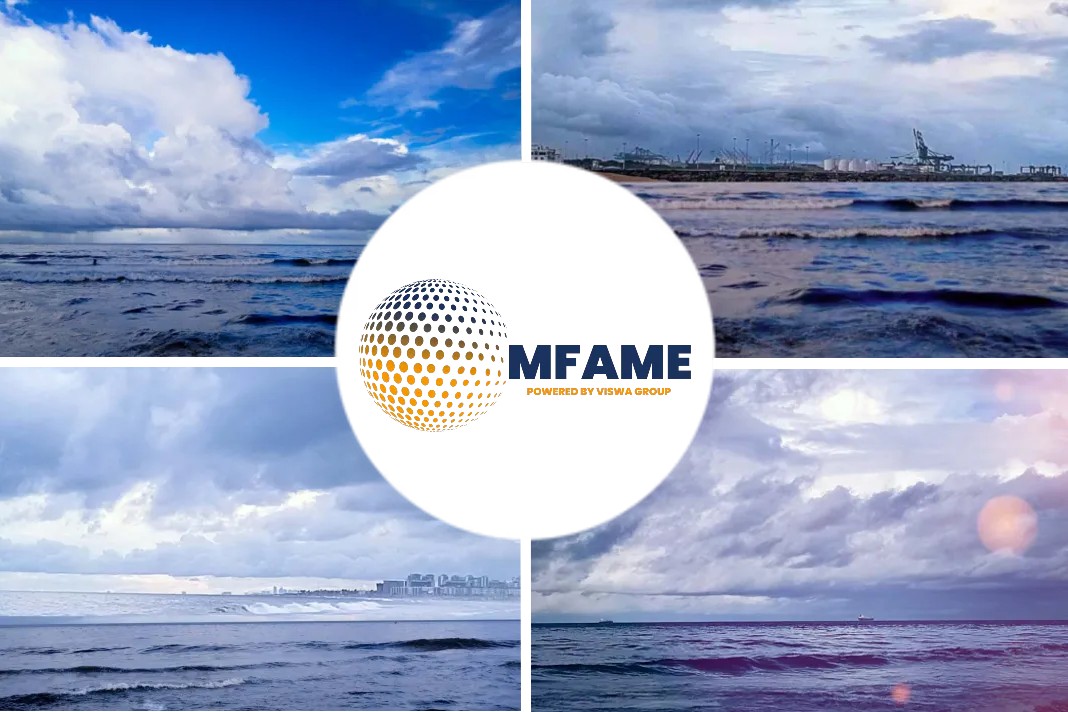An Argus Media news source reveals about Bunker One to test bio-bunker B7 blend.
Test biodiesel blends in marine fuels in Brazil
Global bunker fuel trading company Bunker One is gearing up to test biodiesel blends in marine fuels in Brazil.
In an interview with Argus, Bunker One Brazil chief executive Flavio Ribeiro shared his outlook on the opportunity for Brazil to become a global biodiesel supplier for the shipping industry.
What role can biodiesel play in decarbonizing the marine fuel industry?
Brazilian biodiesel could play a relevant role in reducing emissions in the shipping industry. We are major soybean producers and we are the largest exporter. We have the means to produce more biodiesel. While many in the fuel industry argue that biodiesel blends increase costs, we see it differently. With more demand for biodiesel, production will increase. There is untapped potential. We work in an industry that has massive amounts of fuel. One vessel consumes more fuel in a month than the average filling station. The shipping industry is focused on reducing emissions and Brazil has surplus capacity for biodiesel production. As part of the largest conglomerate in this industry in the world, we see potential.
When does Bunker One plan to begin its tests with biodiesel blends?
The test will begin shortly with our Rio barge operations and will be conducted by the Federal University of Rio Grande do Norte state. We have been approached by other companies interested in testing the fuel in their vessels. But we think this is unnecessary, because we are convinced that the results will be positive. Tests have been done in the US and Denmark. ISO (International Standardization Organization) has approved blends of up to 7pc for marine fuel. We are conducting the tests to spark interest in biodiesel blends. The tests will also allow the government and regulatory agencies to create proper regulations.
How could biodiesel contribute to lower emissions in the bunker fuel market?
This is part of our broader global agenda to reduce emissions by 2050. It is important to try new technologies, but biodiesel blends are drop-in. It is possible to use existing engines, which makes it much easier to adopt. Although ISO already allows 7pc biodiesel in marine diesel, there are still regulatory issues that need to be resolved by the IMO (International Maritime Organization). The IMO has certain regulations for NOx emissions from fossil fuels. These regulations need to be adjusted to stipulate a NOx cap for bio-blend and fossil fuels. We are hoping that the Brazilian government will use its role on the IMO board to resolve this issue. Once this resolution is fixed, countries all over the world will be able to certify the bio-blend.
How much demand does Bunker One see for biodiesel bunker-fuel blends?
The potential is at least 8-10mn metric tons per year. That is more biodiesel than Brazil currently produces per year. The potential is massive, even if we stick to the 7pc limit. We are focused on 7pc now, but down the road, we could push for a higher blend.
Would subsidies be necessary to implement a B7 blend? Would a blend result in higher fuel costs?
We believe the government needs to pave the way for this program to develop, but not to subsidize its use. With the blend, biodiesel production would increase, which would help lower prices. Of course, nobody wants to pay more for fuel, but the market is pushing for actions to reduce emissions and this comes at a cost. Companies will need to decide how they are going to cover the costs of lowering emissions.
Is the Brazilian government on board with the biodiesel blend project?
We have presented this to (mines and energy) minister (Bento Albuquerque), to the (hydrocarbons regulator) ANP and to ports regulator Antaq. All of them are on board for this research. We need them to work with the IMO to change the regulations. Even if the ANP creates B7 regulations, it could limit sales, because international ships could be prohibited from using the fuel if it is not regulated by the IMO. As the president of the Brazilian Bunkering Association, I am working to create awareness and to push for regulatory changes.
Would bio-bunker B7 potentially compete with LNG bunkering?
Bio-bunker B7 is a drop-in fuel – it uses the same engine and same tanks. To switch to LNG, ships need new tanks, new engines and new import infrastructure. LNG is an option for some global shipping lines, but for general shipping – where ships go where the freight is – B7 offers more flexibility.
Is Bunker One looking to blend its own 7pc biodiesel, or will it buy the finished 7pc biodiesel from local suppliers?
For this project, we have a special permit to buy B100 from producers and will blend it ourselves. Once the blended product is regulated, this process can be done by fuel distributors. There is a lot of interest from the biodiesel industry to move ahead with this process and many potential suppliers have already contacted us.
Did you subscribe to our daily Newsletter?
It’s Free! Click here to Subscribe
Source: Argus Media























